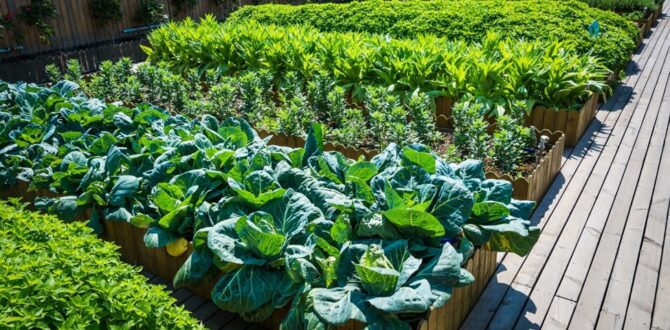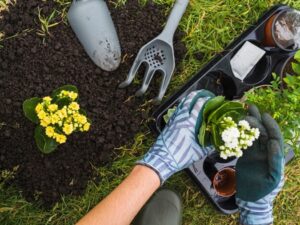By Carrie Spencer
_________________
Embarking on the journey of planting your first garden is exhilarating. Whether the aim is a lush vegetable patch or a dazzling display of flowers, there are critical factors to consider. This guide outlines these key factors in a clear and concise manner, giving aspiring gardeners the knowledge to create a flourishing outdoor space.
Purchasing Must-Have Gardening Tools
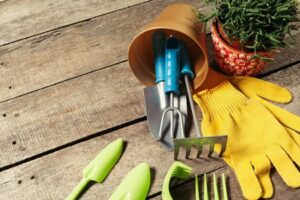
Effective gardening demands the right tools for the job. A high-quality shovel will make digging and planting easier, while a rake is essential for soil leveling and removing debris. Pruners are invaluable for cutting back overgrowth and shaping plants. Watering cans or a garden hose make for efficient watering, while gloves protect your hands during various garden tasks. Invest in tools that are durable and comfortable to use to make the gardening process more enjoyable.
Selecting an Ideal Spot
The foundation of a healthy garden lies in choosing the appropriate location. The right spot will receive ample sunlight and be well-drained, ensuring the plants get the light and water they need without becoming waterlogged. Importantly, if you are adding a garden to your property, make sure you know your property lines. If you are unsure, a property surveyor can take land measurements to determine exact boundaries and potential restrictions. Failure to do this could lead to legal issues or neighbor disputes later on. So, before the first seed is planted or the first shovel of soil is turned, make sure the chosen area is perfect for your gardening aspirations.
Enriching Your Soil
Healthy soil is the foundation of a flourishing garden. To determine soil quality, consider performing a simple pH test, readily available at garden centers. Improve poor soil by adding organic matter such as compost or well-rotted manure. This not only provides essential nutrients but also improves soil structure and water retention. Regularly turning the soil can also help incorporate this organic material and aerate the ground, promoting healthier root systems for your plants.
Guidelines for Planting
Planting requires more than just digging a hole and inserting a seed. The soil must be prepared by loosening it and removing any weeds or stones. Once ready, dig a hole that matches the size of the plant’s root ball or seed and cover it with soil. Make sure to water generously immediately after planting to help establish the roots. A layer of mulch around the base of the plant can also help retain moisture and regulate soil temperature.
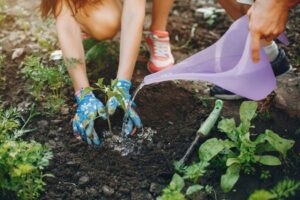 Image by Freepik
Image by Freepik
Choosing Compatible Plants
A garden is only as good as the plants within it. Choose plants that are compatible with the local climate and can thrive under the same growing conditions. Take note of the amount of space each plant will need, its watering requirements, and any other special needs. Incorporate a mix of annuals, perennials, and seasonal flowers to ensure a colorful display throughout the year. With the right mix, the garden will not only be visually appealing but also easier to manage.
Maintaining Plant Health
Even with the most diligent care, plants are susceptible to pests and diseases. Monitor your garden regularly for any signs of aphids, caterpillars, or mildew. Treat any issues as soon as they arise, preferably with organic methods like insecticidal soap or neem oil. Recognizing nutrient deficiencies is also vital. Yellow leaves might indicate a lack of nitrogen, while brown spots can be a sign of potassium deficiency. Remedies include natural options like compost or organic fertilizers.
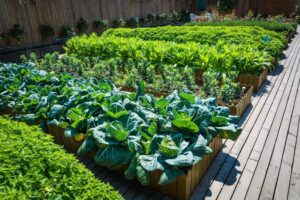
Image by Freepik
Embarking on a garden creation journey is thrilling, but it also requires careful planning and consistent effort. By focusing on the right location, planting methods, plant selection, quality tools, plant health, and soil quality, anyone can set up a flourishing garden. It’s a fulfilling endeavor, replete with lessons and rewards, culminating in the ultimate satisfaction of beautiful blooms and homegrown produce.
Stay informed about the environment with Voice of Nature News. Get the latest updates on environmental issues, conservation efforts, and more.

